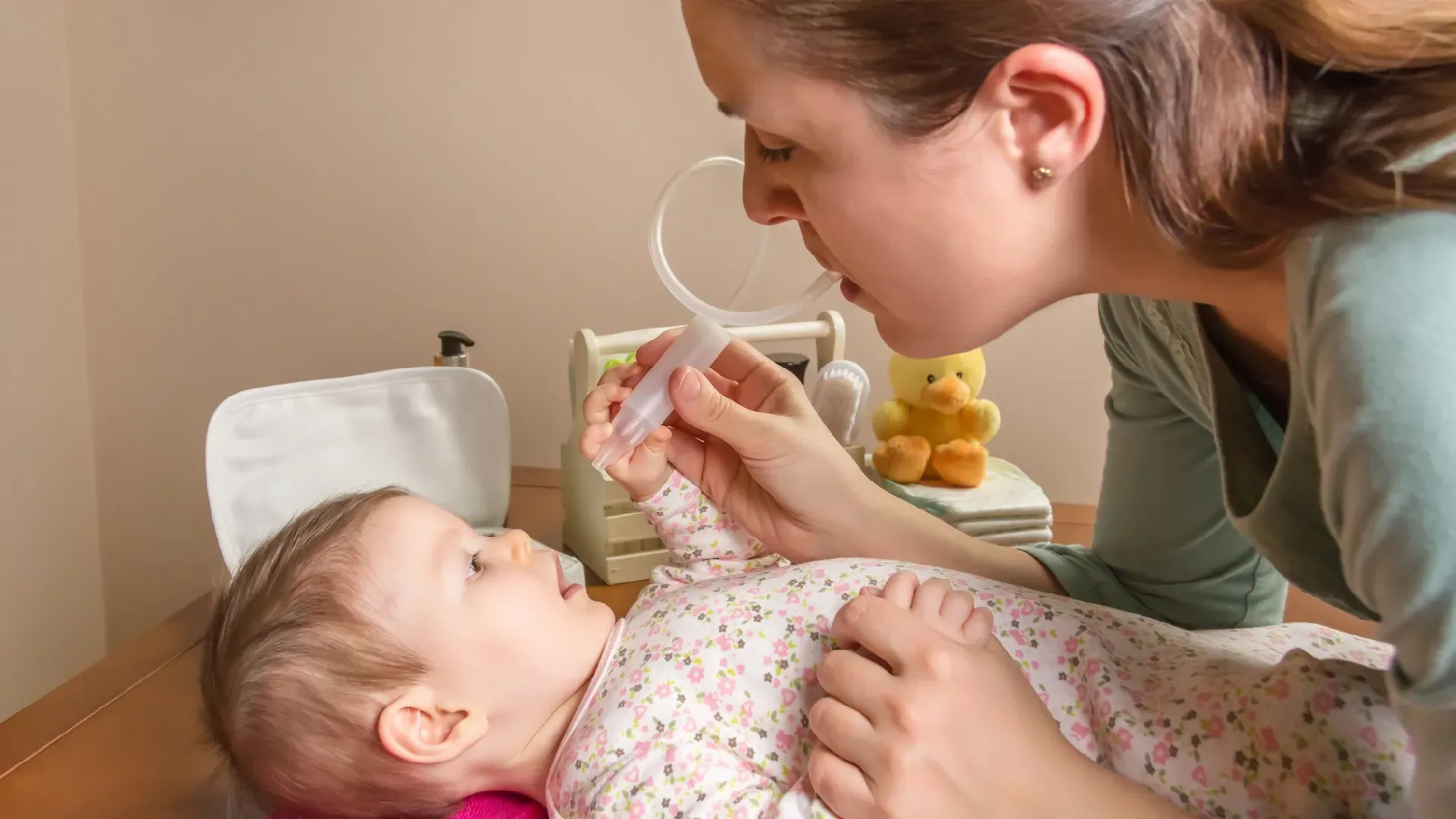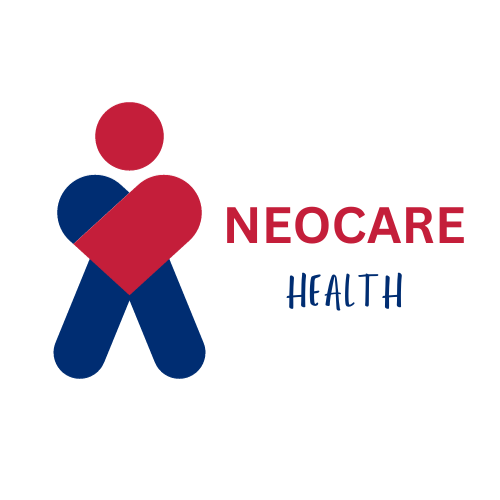The Crucial Role of Expert Neonatal Nurses in Infant Health
In the world of healthcare, neonatal nursing stands out as a field of immense importance. You might not realise it, but these specialised nurses play a crucial role in safeguarding the health and well-being of our most vulnerable patients - newborns. Neonatal care has an impact on infant mortality rates and shapes the future health outcomes of countless babies.
As you delve into this article, you'll discover the unique skills that set neonatal nurses apart. You'll learn about their influence on newborn care and the path to becoming a neonatal nurse. We'll also explore the challenges and rewards of this demanding yet fulfilling career. By the end, you'll have a deeper understanding of why neonatal nursing is so vital in modern healthcare.
The Specialised Skills of Neonatal Nurses
As you delve into the world of neonatal nursing, you'll discover that these professionals possess a unique set of skills that set them apart in the healthcare field. Their expertise is crucial to safeguarding the health and well-being of newborns, particularly those requiring intensive care.
Advanced Clinical Knowledge
Neonatal nurses must have a deep understanding of the complex needs of critically ill infants. You'll find that their knowledge encompasses a wide range of areas, from interpreting vital signs to managing sophisticated medical equipment. This expertise allows them to provide high-quality care and respond quickly to changes in a newborn's condition.
Critical Thinking and Decision Making
In the fast-paced environment of a Neonatal Intensive Care Unit (NICU), critical thinking is essential. You'll see neonatal nurses constantly analysing situations, applying standards, and using logical reasoning to make quick, life-saving decisions. Their ability to transform knowledge into action is crucial when caring for vulnerable infants.
Emotional Intelligence and Compassion
Caring for newborns isn't just about medical knowledge; it's also about emotional intelligence. Neonatal nurses need to show empathy towards parents who are often stressed and anxious. You'll notice how they listen patiently, pay attention to small details, and provide compassionate support. This emotional intelligence helps to create a nurturing environment for both the infants and their families.
Neonatal nurses also need to be resilient. The NICU can be a stressful place, and these professionals must find ways to combat burnout. Whether it's through mindfulness practices, yoga, or simply taking time for self-care, maintaining their own well-being is crucial to providing the best care for their tiny patients.
Impact on Infant Mortality and Morbidity
You might be surprised to learn that the first month of a baby's life is the most critical. In fact, about 60% of all deaths in children under five occur during this neonatal period. What's more, nearly two-thirds of infant deaths happen within the first week after birth. These statistics highlight the crucial role that neonatal nurses play in safeguarding infant health.
Reducing Neonatal Deaths
Neonatal nurses have a significant impact on reducing infant mortality rates. Research shows that even a small increase in nurse staffing levels can make a big difference. For instance, a 1% rise in nurse staffing can lead to a 0.98% reduction in infant mortality rates. This effect is particularly strong in countries like Slovenia, Sweden, and Iceland.
Infections are a major threat to newborns, causing 20-40% of all neonatal deaths in developing countries. Neonatal nurses are at the forefront of preventing and treating these infections, which include respiratory infections, sepsis, and meningitis.
Improving Long-Term Health Outcomes
The impact of neonatal nursing goes beyond just survival. These specialists also play a crucial role in improving long-term health outcomes for babies. They implement evidence-based interventions like hand containment, facilitated tucking, and cue-based care to buffer infant stress responses in the NICU.
However, it's important to note that NICU environments can be overwhelming for infants. Excessive noise, bright lights, and noxious smells can cause stress and potentially affect brain development. Neonatal nurses work to mitigate these effects and provide a more supportive environment.
Supporting Families Through Crisis
Neonatal nurses don't just care for babies; they also support families during a stressful time. They help prepare parents for the challenges of caring for a premature or ill newborn at home, which is crucial for preventing hospital readmissions. By involving parents in care and decision-making, neonatal nurses help build confidence and competence in new parents, setting the stage for better long-term outcomes for both babies and families.
Career Path and Professional Development
Education and Certification Requirements
To embark on a career in neonatal nursing, you'll need to start with a solid educational foundation. Most employers prefer candidates with a Bachelor of Science in Nursing (BSN), which typically includes 800 clinical practice hours and 120 credits. However, some hospitals may accept an Associate Degree in Nursing (ADN) or a nursing diploma.
After completing your education, you'll need to obtain your Registered Nurse (RN) licensure. This is a crucial step in your career path. Once licensed, you'll need to gain at least two years of clinical experience before pursuing certification in neonatal nursing.
Advancement Opportunities
As you progress in your career, you'll find numerous opportunities for advancement. Many neonatal nurses choose to further their education by pursuing a Master of Science in Nursing (MSN) or a Doctor of Nursing Practice (DNP). These advanced degrees can open doors to roles such as Advanced Practice Registered Nurse (APRN), clinical nurse specialist, or nurse educator.
Continuing Education
Continuing professional development (CPD) is vital in neonatal nursing. It helps you maintain your competence and stay up-to-date with the latest advancements in neonatal care. You can engage in both formal and informal learning opportunities, such as attending conferences, participating in workshops, or joining professional organisations like the National Association of Neonatal Nurses (NANN).
Remember, lifelong learning is crucial in this field. By continuously expanding your knowledge and skills, you'll be better equipped to provide the best possible care for your tiny patients and their families.
Challenges and Rewards of Neonatal Nursing
Emotional Toll of Critical Care
As a neonatal nurse, you'll face significant emotional challenges. The NICU is a high-stress environment where you'll care for fragile newborns, often in critical condition. You might experience anxiety, depression, and even post-traumatic stress symptoms. The responsibility of managing complex cases and supporting grieving families can be emotionally draining. However, your personality traits and coping strategies can make a difference in how you handle these stressors.
Work-Life Balance
Achieving a healthy work-life balance is crucial in neonatal nursing. You'll likely work irregular hours, including nights, weekends, and holidays, which can disrupt your personal life. To combat burnout, it's essential to prioritise self-care. This might involve engaging in hobbies, exercising, or practising mindfulness. Remember, taking time for yourself isn't selfish—it's necessary to maintain your well-being and provide the best care for your tiny patients.
Making a Lifelong Difference
Despite the challenges, neonatal nursing offers immense rewards. You have the opportunity to positively impact the lives of newborns and their families during a vulnerable time. Building relationships with families and witnessing the growth and development of infants under your care can be incredibly fulfilling. Your expertise and compassion can make a lifelong difference, not just for the babies but for their families as well. This sense of purpose and the tangible results of your care can provide deep professional satisfaction and make the challenges worthwhile.
Conclusion
The world of neonatal nursing is both challenging and rewarding, with a profound effect on infant health outcomes. These skilled professionals play a crucial role in reducing infant mortality rates and improving long-term health prospects for newborns. Their expertise goes beyond medical knowledge, encompassing emotional intelligence and the ability to support families during stressful times.
Becoming a neonatal nurse requires dedication, continuous learning, and emotional resilience. While the job can be emotionally taxing and disrupt work-life balance, the chance to make a lasting difference in the lives of tiny patients and their families provides deep satisfaction. This unique blend of challenges and rewards makes neonatal nursing an essential and fulfilling career in modern healthcare.










All Rights Reserved 2023 | Privacy Policy | Powered with 🤍 by Shazamme
